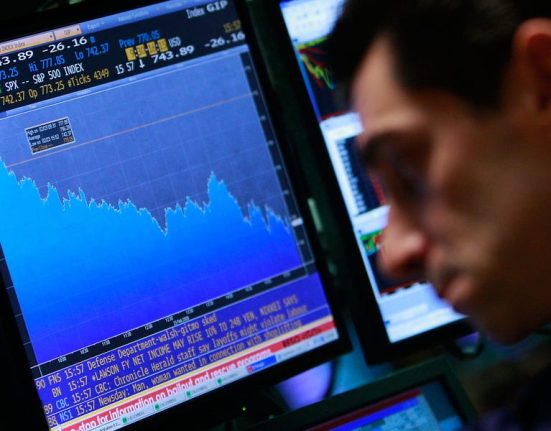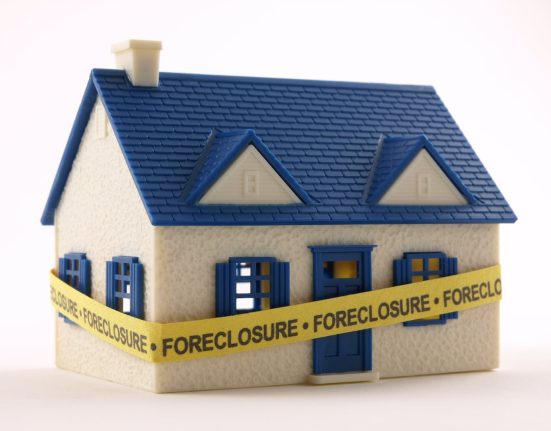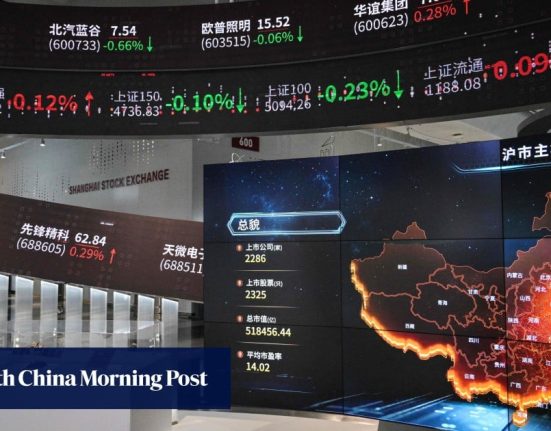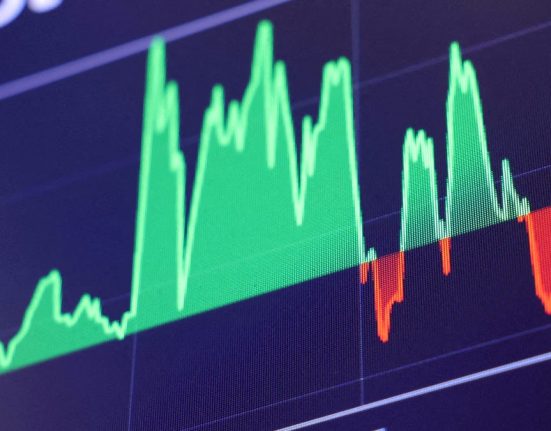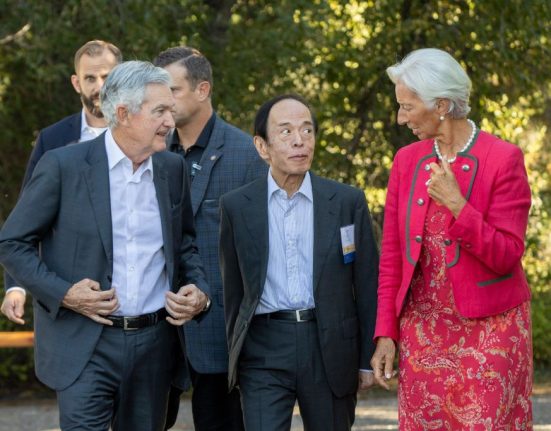Bad news for those looking to buy a home: it’s looking like high mortgage rates are here to stay in the months ahead.
Mortgage rates have hovered in the 6 to 7% range this year, with the 30-year rate at 6.76% as of last week, according to Freddie Mac. And they’ll stay in that range in the near future thanks to monetary policy that’s caught in the doldrums, according to Chen Zhao, the head of economic research at Redfin.
The direction of mortgage rates depends heavily on whether the Federal Reserve cuts interest rates, and the central bank is not expected to slash its benchmark rate until September. “We think we’re in the right place to wait and see how things evolve,” Fed Chair Jerome Powell said at the May FOMC meeting.
Potential inflationary effects from tariffs are why the Fed is dragging its feet on rate cuts.
The inflation rate in April came out to 2.3% year-over-year, down from 2.4% the previous month. However, it’s likely that the full impacts of tariffs haven’t worked their way through the data yet. According to research from the Fed, inflation from the trade war could take two months to materialize into price increases for consumers. Prolonged inflation uncertainty means the Fed will be hesitant to make a move to cut rates.
Trade talks with China are a big contributing factor to the Fed’s inflation outlook, according to Zhao. Tariffs on China have been reduced from 145% to 30%, easing trade tensions but still contributing to inflation risk.
Recession risk is still here
Higher mortgage rates aren’t all bad: in one sense, they’re a sign that the labor market is strong enough to support elevated rates.
According to Zhao, there is still one scenario where mortgage rates could drop: if a recession eventually unfolds. And that’s a real possibility, she said.
“If you asked me two or three months ago, I would have said mortgage rates are probably going to stay around this level for a while. But now with the introduction of tariffs, it’s definitely a lot more uncertain,” Zhao told BI in an interview.
“I wouldn’t say it’s like the base case scenario, but it’s definitely possible that you can get a pretty severe recession. In that case, the recession takes care of the inflation risk, and you could see mortgage rates falling to where they were during the pandemic,” Zhao added.
Tariff levels have receded from the panic-inducing levels they were at earlier, but they’re still high enough to drag on growth. After talks with China, the average US tariff rate has dropped from 23% to 15%, but that’s still much higher than the 2.5% rate at the beginning of the year.
If the economic data in the coming months sharply worsens or trade war tensions flare up again, then that could provide the Fed with a reason to cut. But in that case, lower mortgage rates wouldn’t offer much relief for homebuyers, as a recession would come with elevated unemployment rates and weakening household balance sheets.
“Looking ahead, with the dual risk of higher inflation and unemployment putting the Fed in a bind, it is difficult to imagine any relief for mortgage rates without a fairly severe recession,” Zhao wrote in a note.




